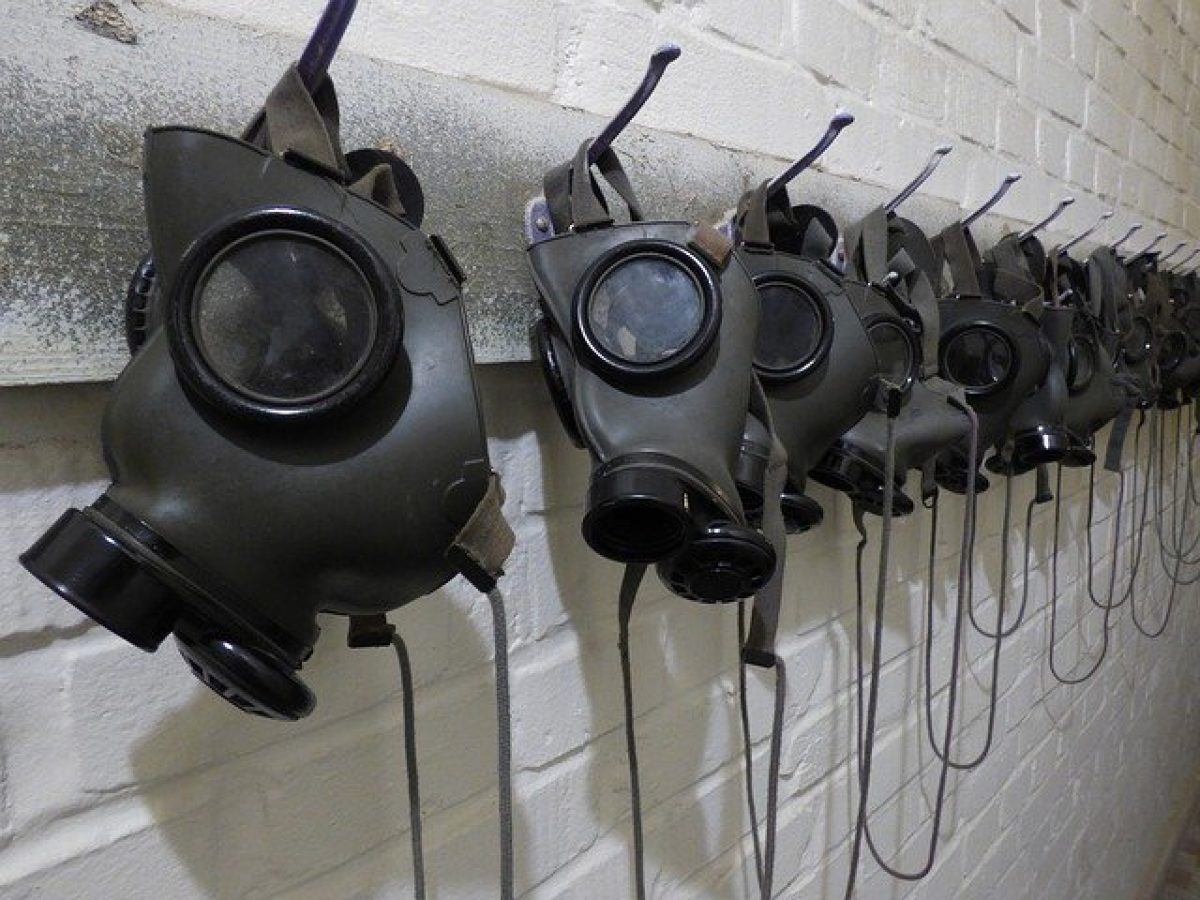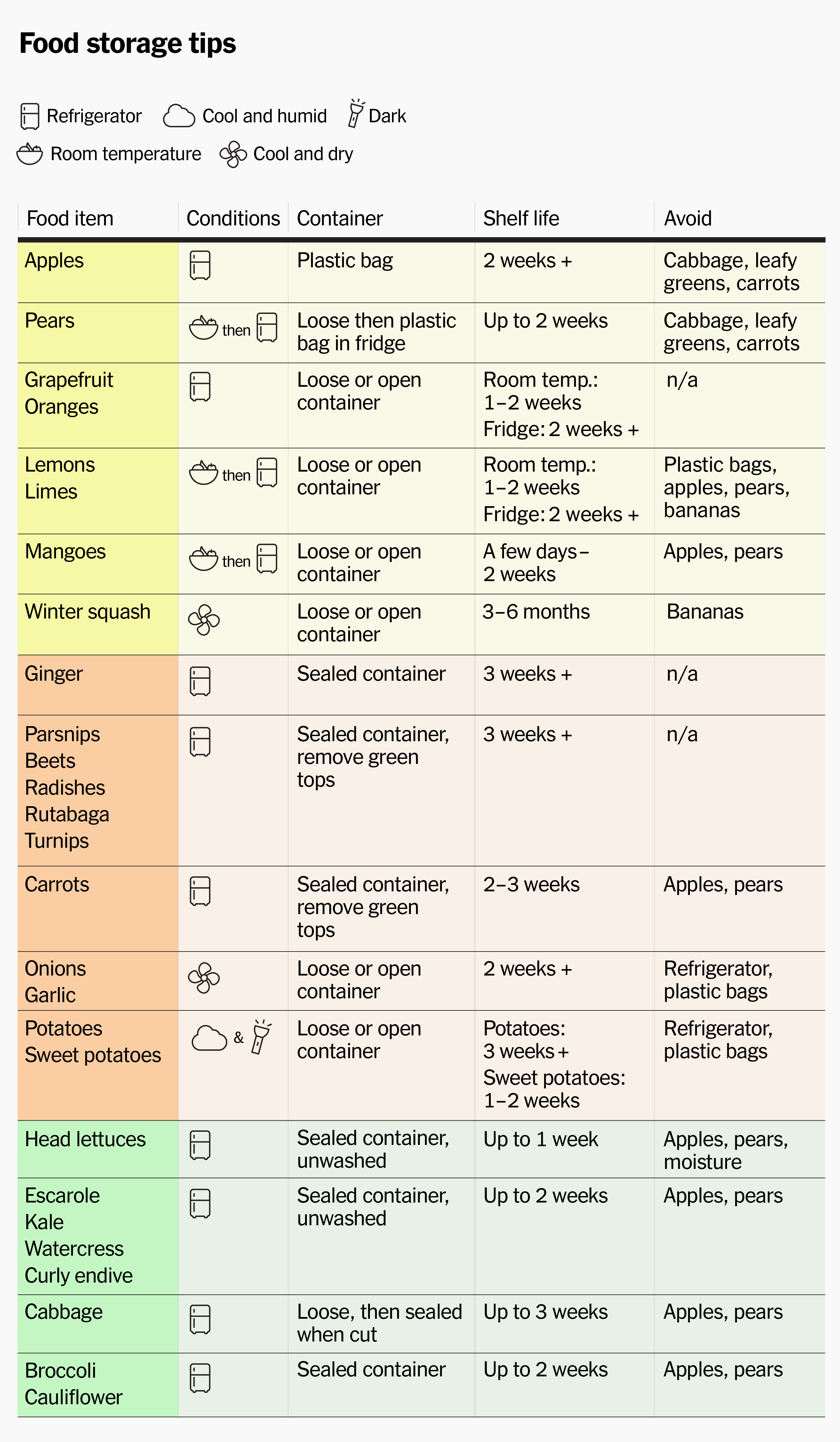
Outdoor adventures are an excellent way to connect with nature and make new friends. They can improve your mental well-being and physical fitness.
Planning and preparation are essential for a successful outdoor adventure. Here are some tips to keep in mind before setting out on your next trip:
Planning and Preparation
Everyone should take the time to plan and prepare for outdoor adventures. This will help you make the most of your trip and avoid accidents.
It is essential to be familiar with the terrain, weather conditions and altitude of the chosen area. Find out about regulations, opening times and road conditions.
Make sure to get a good warm-up in before the trip, this will help to prepare your muscles and prevent injury. Quad and hamstring stretches can help improve your performance. Windmills are also a great way for warming up your shoulders and arms before climbing or paddling.

You should also ensure you have the correct equipment for your event. This will include a range of different equipment including bikes, canoes, paddles, life vests and helmets. To ensure it's safe for customers and yourself, you will need to keep it in top condition.
The Right Place
The key element to a successful outdoor adventure, is the choice of the right location. It doesn't matter if you plan to climb a mountain, ride a bicycle, or explore the beaches, choosing the right venue will make a big difference in the experience.
Your local parks, trails, and beaches are a good place to start. They usually have a plethora of events to offer you and your fellow adventurers.
The best way to make the most of your time at these locales is to plan in advance. You can organize a group of people and assign tasks to them that will appeal to all. This will keep the mood lightened, and it will prevent solo hikes. Don't forget safety gear! It's a good idea, for example, to bring along a first aid kit, waterproof clothing, and a pair hiking boots. A helmet is also a must.
The Best Time to Be a Year
Summer is a wonderful time to spend time outdoors with your loved ones. It can be difficult to get everyone out of the house simultaneously, but there are many ways to make outdoor adventures fun and memorable.
A lantern hike is a great activity to enjoy nature with your family. Going outside at night is magical, as the sky lights up and nature sounds change.

You can find some relief from stress by spending time in nature if you are feeling more reflective this winter. Research has shown that nature can reduce cortisol levels, which are known to be a major cause of anxiety and depression.
The Right Gear
You can enjoy your outdoor adventures whether you are a hiker, camper, or climber. The right gear will make them more enjoyable. The best way to determine what you need for an upcoming adventure is to look at some of the following factors.
Comfort is key. You'll need to invest in good-fitting clothes and footwear that are suited to your specific activity.
Consider, for instance, hiking on a trail requires you to wear lightweight, breathable clothing. It is also important to have sturdy shoes that offer ankle support.
The right gear will make the difference in how you experience the outdoors. It can even save your own life if it gets lost or is damaged. Some essentials include a first aid kit, a map and compass and a GPS unit for precise navigation.
FAQ
What is the most vital item to survive?
Food is the most important thing that you must have to survive. Shelter from the elements is also important, but they are less essential than food. If you don’t eat, it will be difficult to live long.
What is the best survival tip you have?
To survive, it is important to remain calm. Panic will make you fail and you will die.
What can you do when faced with a survival situation
It is not easy to think of what to say next. Make sure you're ready for anything. You need to know how you will react to an unexpected problem.
You should also be prepared to think outside the box if you're in a difficult situation.
If you are in a survival situation, you will likely encounter problems such:
-
Finding yourself in remote places
-
Getting lost
-
Limited food supplies
-
Running low on water
-
Facing hostile people
-
Face to face with wild animals
-
Finding shelter
-
Predators must be stopped
-
Making fire
-
Using tools
-
Building shelters
-
Hunting
-
* Fishing
How long does it take to find help after becoming lost?
This depends upon several factors.
-
You are where you need to be
-
What kind of terrain you're in
-
No matter whether you have cell reception
-
If someone has ever seen you
-
Whether you are injured
-
You are either dehydrated or not
-
Water consumption is a matter of personal preference.
-
Whether you have eaten recently
-
It doesn't matter if you are wearing the right clothing
-
No matter if you're carrying a compass or a map,
-
How familiar are your local surroundings?
-
How long has it been since you lost your way?
-
How long did it take you to search for help?
-
How long does it take for people notice that you're missing?
-
It is amazing how quickly they search for you
-
How many rescuers do you attract
-
How many rescues have you received?
How can I select the right knife to fit my needs?
It can be difficult to find the right knife for your needs. There are so numerous brands out there that claim they are the best.
Which one is the best? How do you choose?
You must first consider the tasks that you intend to do with your knife.
Do you plan to cut wood, skin or chop animals, or slice bread?
Is your knife intended for hunting or fishing? Is it intended for camping cooking, or kitchen cutting?
Do you intend to use it for opening bottles and cans? Do you intend to open packages and boxes?
Are you able to carry heavy loads with your knife?
How about cleaning it after each use? Is it something that you will be doing often?
Does it need to retain its edge well over time.
What are some basic survival skills in the wild environment?
You must know how to start a fire when living off the land. This is more than just lighting a flame. It requires you to learn friction and fluent methods of starting a fire. You should also learn how to avoid burning yourself with the flames.
You will need to be able to construct shelter from natural materials like leaves, grasses and trees. You'll need to know how best to use these materials to stay warm at night. You will also need to understand how much water you are able to drink to stay alive.
Other Survival Skills
Even though they will help you to stay alive, they are not as crucial as learning how lighting a fire. Although you can eat many different types of plants and animals, if your fire is not lit, you will be unable to cook them.
Additionally, you'll need to know the best places and methods to find food. This knowledge is crucial to avoid becoming sick or starving.
Statistics
- We know you're not always going to be 100% prepared for the situations that befall you, but you can still try and do your best to mitigate the worst circumstances by preparing for a number of contingencies. (hiconsumption.com)
- so you can be 100 percent hands-free, and there's less chance you'll put your torch down and lose it. (nymag.com)
- The downside to this type of shelter is that it does not generally offer 360 degrees of protection and unless you are diligent in your build or have some kind of tarp or trash bags, it will likely not be very resistant to water. (hiconsumption.com)
- In November of 1755, an earthquake with an estimated magnitude of 6.0 and a maximum intensity of VIII occurred about 50 miles northeast of Boston, Massachusetts. (usgs.gov)
External Links
How To
How to Find Edible Plants and Animals During Emergencies
In emergency situations, edible plants and animals can be a vital food source. Because they provide energy and nutrients that are not available in normal food, you should include them in your emergency kit. These can be used to make medicine and cosmetics.
Knowing where they grow is essential. Also, you need to know what conditions they prefer, such as climate, soil type and weather. This knowledge will help you identify them quickly. It's not possible to know everything about every animal and plant species. Fortunately, some general rules apply to most plants and animals.
If you see a plant, animal, or other living thing near water, it is likely that it prefers moist soil. Shiny leaves indicate that the plant was recently watered. If you see ants around a plant, you can assume that the plant provides nectar for pollinators. These simple observations will save you time and help you find useful animals and plants during an emergency.
You can find books written by botany and zoology experts to help you learn more about edible plants. You can also see documentaries and talk with people who live in rural communities. Follow these steps to learn more about animals and plants.
-
Seek out plants and animals that can be found near water.
-
Pay attention to the growth habits of animals and plants.
-
Learn about the natural habitats used by animals and plants. You might be able to search for specific soil types, climates or vegetation.
-
Identify the parts that plants and animals can be eaten.
-
Learn how to cook animals and plants.
-
Try to eat wild animals and plants so you are familiar with their taste.
-
Always be cautious when collecting wild plants or animals. Never pick from endangered species.
-
It is important to properly store wild plants and animals. They must be kept out of direct sunlight.
-
Always wash your hands after handling wild plants and animals.
-
Before you consume fruits or vegetables, wash them.
-
You should not eat raw fish or meat unless you are certain it is safe.